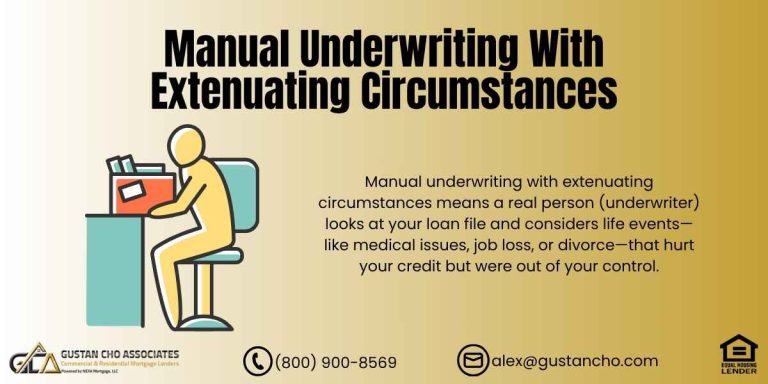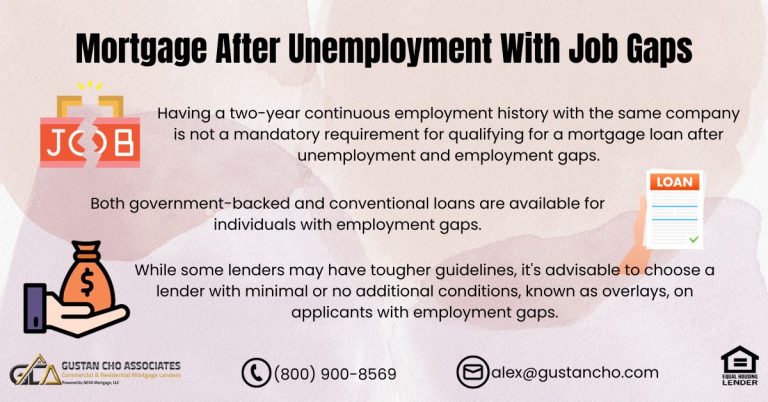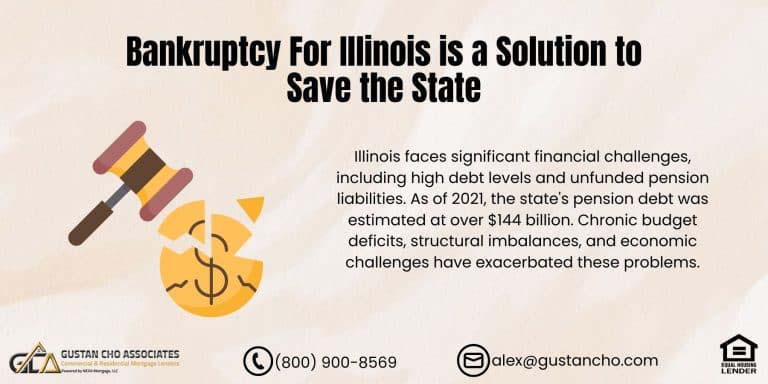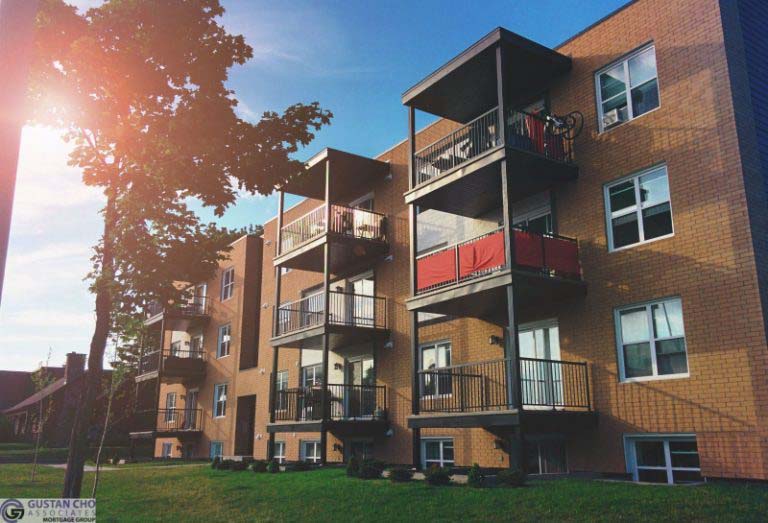This blog will discuss mortgage lending guidelines on government versus conventional loans. Mortgage lending guidelines: Government loans are home loan programs that insure lenders if the borrower defaults. There are three different types of government loan programs:
- FHA Loans
- VA Loans
- USDA Loans
Conventional loans, called Conforming loans, are not guaranteed or insured by the federal government. Conventional loans must conform to Fannie Mae or Freddie Mac Mortgage Lending Guidelines. It must conform to Fannie/Freddie because lenders sell conforming loans once its funds are on the secondary market to Fannie Mae or Freddie Mac. If the loan does not conform to Fannie/Freddie Guidelines, Fannie/Freddie will not purchase them.
Agency Guidelines Versus Lender Overlays
There are two different types of mortgage lending guidelines. First, there are federal mortgage lending guidelines set by:
- FHA
- VA
- USDA
- FANNIE MAE
- FREDDIE MAC
The second type of mortgage guidelines is called lender overlays.
What Are Lender Overlays
Overlays are additional guidelines that are above and beyond the minimum federal mortgage lending guidelines set by the various mortgage loan programs, such as the following:
- FHA
- VA
- USDA
- FANNIE MAE
- FREDDIE MAC
The above agencies have their minimum mortgage lending guidelines. However, each lender can set its overlays on top of the minimum guidelines.
FHA Mortgage Guidelines On Credit Scores
Basic mortgage lending guidelines for FHA loans are the following:
- Minimum 580 credit scores to qualify for a 3.5% down payment home purchase FHA loan
- The Automated Underwriting System Findings (AUS) will state the conditions borrowers need to abide by
- However, borrowers with 580 to 620 scores, rental verification may be required if AUS conditions for it
- A maximum of 43% debt to income ratios are allowed to get an approve/eligible per Automated Underwriting System (AUS)
- Borrowers with credit scores over 620 can have maximum debt-to-income ratios capped at 46.9% front-end and 56.9% back-end for approve/eligible per AUS.
- Credit scores between 500 and 579 require a 10% down payment on FHA loans to get approve/eligible per AUS.
FHA Mortgage Lending Guidelines After Bankruptcy And Housing Event
FHA has mandatory waiting requirements after bankruptcy or housing event. The 2-year waiting period after the Chapter 7 Bankruptcy discharge date to qualify for FHA home loans. The 3-year waiting period after a foreclosure, deed-in-lieu of foreclosure, or short sale.
FHA Loans During and After Chapter 13 Bankruptcy
Borrowers in a Chapter 13 Bankruptcy Repayment Plan can qualify for FHA loans one year into a Chapter 13 Repayment. Trustee approval is required. There is no waiting period after the Chapter 13 Bankruptcy discharge date. Any Chapter 13 Bankruptcy without a two-year seasoning after the discharge date must be manually underwritten.
Mortgage Lending Guidelines On Collections And Charged Off Accounts
Borrowers must not pay outstanding collections and charged-off accounts to qualify for both VA and FHA loans. HUD is a lot more lenient in granting an approve/eligible per Automated Underwriting System than the VA is.
Outstanding collections are allowed. However, 5% of the unpaid non-collection account balance will be used toward debt-to-income calculations.
Medical collections are exempt from removing credit disputes. This is for non-medical collection accounts. Medical Collection accounts are exempt from this rule. On owner-occupant properties, VA, FHA, Fannie Mae, and Freddie Mac do not require borrowers to pay outstanding collections or charged-off accounts.
Mortgage Lending Guidelines On Credit Disputes
Borrowers cannot have an active credit dispute on FHA loans during the mortgage process unless the derogatory tradeline is over 24 months old. Zack Hoyer, a dually licensed real estate agent and mortgage loan officer said the following:
Medical credit disputes are exempt. Any credit disputes on non-medical collections with a total aggregate outstanding balance greater than $1,000 are not allowed on FHA loans. Borrowers applying for an FHA loan with credit disputes will get their mortgage process suspended.
Borrowers need to retract the credit disputes. Any credit disputes on charged-off accounts, late payments, and other derogatory accounts are prohibited during the mortgage process. Medical collection accounts and non-medical collection accounts with zero balances are exempt.
Non-Occupant Co-Borrowers On Mortgages
Non-occupant co-borrowers are allowed on FHA loans from relatives or family members. More than one Non-occupant co-borrowers are permitted on FHA loans. VA loans do not allow for non-occupant co-borrowers. Non-Occupant Co-Borrowers must be related to the borrower by law, marriage, or blood. Only the veteran borrowers’ spouses can be VA loan co-borrower.
VA Mortgage Guidelines
VA mirrors FHA guidelines. The waiting period after Chapter 7 Bankruptcy, foreclosure, deed-in-lieu of foreclosure, and a short sale is two years. Veteran borrowers can qualify for VA loans one year into a Chapter 13 Bankruptcy Repayment Plan. There is no waiting period to qualify for VA loans after the Chapter 13 Bankruptcy discharge date. Any Chapter 13 Bankruptcy with less than two years of seasoning needs to be a manual underwrite.
Fannie Mae Mortgage Lending Guidelines
The minimum credit scores for conventional loan programs are 620: Borrowers can qualify for a conventional loan with a 5% down payment four years after a deed-in-lieu of foreclosure and short sale. The waiting period is seven years after foreclosure in qualifying for conventional loans. There is a mandatory 4-year waiting period after the Chapter 7 bankruptcy discharge date to qualify for a conventional mortgage. The two-year waiting period after the Chapter 13 Bankruptcy discharge date. The four-year waiting period after Chapter 13 Dismissal Date. Non-occupant co-borrowers are not allowed with Fannie Mae but with Freddie Mac.
Mortgage Part Of Chapter 7 Bankruptcy
Borrowers can qualify for conventional loans four years after the discharge date of Chapter 7 Bankruptcy if they have a mortgage part of Chapter 7. The foreclosure, deed in lieu, or short sale can be finalized after the Chapter 7 Bankruptcy, and that date has no impact on the waiting period. Fannie Mae and Freddie Mac both allow a four-year waiting period from the discharge date of Chapter 7. The housing Event needs to have been finalized. The mortgage cannot be re-affirmed. No Late Payments after Chapter 7 Bankruptcy










